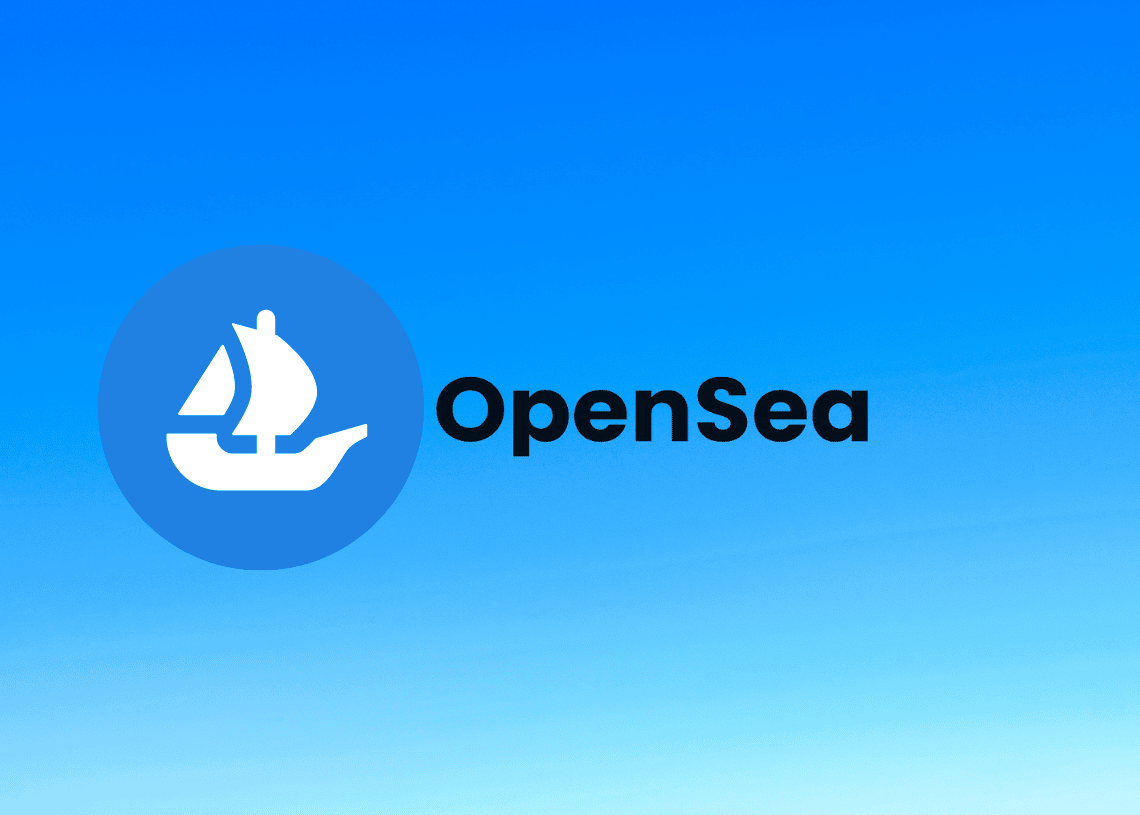
OpenSea Bans Cuban Artists
- Iranian artists complained about being banned from OpenSea in March.
- Crypto users believe the ban on artists from certain regions defeats the concept of decentralization.
- Several crypto platforms previously stopped offering services to Russian users in a bid to comply with sanctions imposed by the European Union.
The world’s largest non-fungible token (NFT) marketplace, OpenSea, announced that it had placed a ban on digital artists from Cuba based on U.S sanctions on the country. Sources claim that more than 20 artists and collectors have been barred from the famous digital art marketplace, including Havana-based artists Fábrica de Arte Cubano and Gabriel Guerra Bianchini.
OpenSea noted that sanctions on Cuba are enforced by various government entities and target specific actions, including economic activities. As a result, the NFT marketplace will not allow Cuban artists for the time being.
An Opensea spokesperson told the media platform, Decrypt,
Our Terms of Service explicitly prohibit sanctioned individuals, individuals in sanctioned jurisdictions, or services from using OpenSea. We continue to holistically evaluate what other measures need to be taken to serve our community and comply with applicable law.
Early in December, the NFT Cuba Art Twitter account claimed that OpenSea had restricted them from viewing or listing their artwork. Bit Remasa’s founder, Erich Garca Cruz, also said that their NFT collections were also banned from the marketplace. These bans have led to concerns and questions about the level of decentralization most Web3 platforms adopt.
So it seems that @opensea continues to shut down Cuban NFT profiles with no notice or reason.
— NFTcuba.ART 🇨🇺 (@nftcubaart) March 13, 2022
Artists & collectors please check other Eth nft marketplaces for access to your art.
The embargo allows for the purchase of art from cuban artists.
Opensea can we get a statement?
Cuban artists also claimed they had never been told the true reason why their accounts were banned, with some suggesting that OpenSea may have acted out of severe caution. Many of the artists said they were confused that their accounts remained banned even though they no longer lived on the island.
Although decentralization is a founding principle of the blockchain ecosystem, concerns have emerged that many web3 platforms now operate like their Web 2 centralized counterparts. Regulators in the United States are not the only ones wielding power over blockchain platforms, causing them to blacklist users from specific regions.
Other than OpenSea, a number of cryptocurrency platforms had to stop serving Russian users as a result of the new European Union restrictions put in place a few months ago. Russian users were targeted due to their country’s invasion of Ukraine.
However, most crypto users believe allowing state authorities to blacklist users based on their regions defeats the whole idea of decentralization. The United States government have placed sanctions on countries such as Russia, North Korea, Iran, Syria, and Cuba.
The U.S. Treasury Department fined crypto exchange Bittrex $53 million in October for enabling users to bypass American sanctions in nations like Cuba, Syria, Iran, and Sudan. It seems crypto platforms have little or no choice but to comply to these sanctions or risk being fined or having their services restricted.






